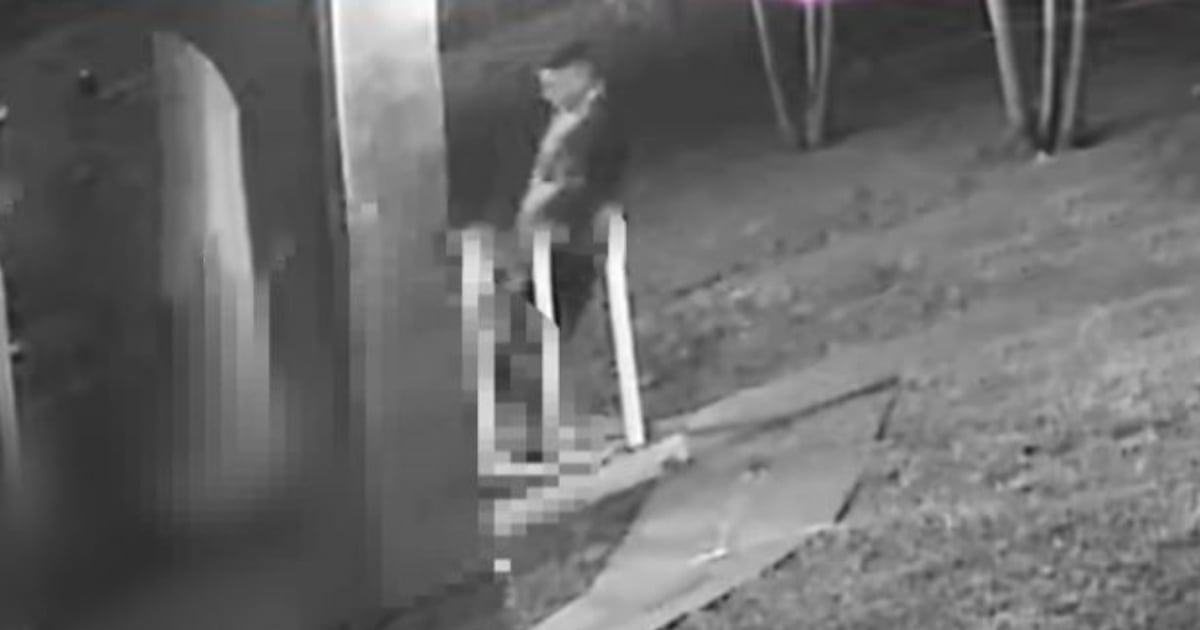
Related videos:
After the Florida State Attorney announced that they would upgrade the charges against Damián Valdez-Galloso, the only person detained in connection with the death of Cuban reggaeton artist José Manuel Carbajal, known as El Taiger, dozens of Cubans are asking about this charge.
The change in charges responds to the demand for justice led by Teresa Padrón, the artist's manager and close friend, who initiated a public campaign calling for harsher penalties.
Valdez-Galloso, who did not appear at the hearing on Wednesday, now faces a charge that carries the harshest penalties in Florida.
Here are the details:
In the state of Florida, first-degree murder is considered one of the most serious crimes and is classified as a capital offense. This applies when there is evidence of premeditation or when the homicide occurs during the commission of another serious crime, such as a robbery or kidnapping (known as felony murder).
Possible sanctions include:
- Death penalty: the jury may recommend it if there are aggravating circumstances, such as the brutality of the crime.
- Life imprisonment without the possibility of parole: the mandatory alternative if the death penalty is not imposed.
Factors such as the brutality of the murder, the defendant's criminal record, and the compelling evidence presented by the prosecution could be pivotal in this case.
In cases of first-degree murder, the state often seeks the death penalty if there are aggravating circumstances, such as the brutality of the crime, multiple victims, or if the victim was a protected figure (such as an active police officer).
If the defendant presents mitigating circumstances (such as mental health issues or lack of prior convictions), this could influence the jury's decision not to recommend the death penalty.
In addition to first-degree murder, Valdez-Galloso is charged with evidence tampering and possession of a firearm as a convicted felon.
According to court records, the crime involved a gunshot to the victim's head, followed by the manipulation of the body and the cleaning of the scene.
A surveillance camera video was crucial to the case, showing how Valdez-Galloso shot El Taiger, dragged his body, and left him severely injured near a hospital.
Judge Mindy S. Glazer questioned during the initial hearing—where the defendant faced a charge of second-degree murder—why a more serious charge was not being considered, pointing to clear indications of premeditation.
However, the Prosecutor's Office argued that they needed to strengthen the evidence before escalating the charge to first degree, which they have now confirmed.
Valdez-Galloso has an extensive criminal record, which includes sexual assault, robbery, and illegal possession of firearms. He was also detained by ICE on two occasions and was registered as a sex offender in Hialeah following his most recent conviction in 2020.
The next hearing in the case is scheduled for December 19, where the formal change of charges is expected to be announced and the next steps in the judicial process will be determined. Meanwhile, Valdez-Galloso remains in custody without the right to bail.
The tragic murder of El Taiger has shocked the Cuban community and his fans, who continue to demand justice for the artist who left a significant mark on the music scene with his talent and charisma.
Filed under: